Charles City’s Home School Assistance Program has ‘blossomed’
By James Grob, jgrob@charlescitypress.com
Stacey Slessor said she believes that she could home school her children without any help from Charles City’s Home School Assistance Program, but she’s glad it’s there.
“I think it’s an amazing program,” said Slessor, whose daughter Lilah, an 8th-grader, has been involved with the program since kindergarten. “I guess I like the socialization aspect for the children and for the parents — and then we get the help, if we need it, with the curriculum.”
Charles City has offered home school assistance since 2006, and currently there are 16 families and 37 K-12 students enrolled.
The district provides certified teachers at no charge and provides material and support to parent educators. It also provides educational and social activities, and instructors Susan Leeper and Stena Schmitt serve as liaisons between families and the district.
“One of the Charles City core values is ‘invitational,’” Leeper said. “We have these families who are doing things differently, but we want to be invitational.”
Home School Assistance Programs (HSAPs) in Iowa are programs local public school districts may offer to resident or open-enrolled home-schooled students. School districts are not required to provide HSAPs and parents are not required to enroll their home-schooled students in a HSAP.
This is Leeper’s first school year as an HSAP instructor at Charles City, and it’s Schmitt’s third.
“It really has blossomed, from a program that is a half-choice, half-last-resort — to a welcomed option,” said Schmitt, who is a certified special education instructor. “We are going to an age of entrepreneurship and independence where we’re not necessarily having to rely on one employer. It’s coming to a point where more and more parents want to be in charge of their child’s education.”
HSAPs that exist across Iowa vary widely as to how they operate and the services they offer, but, in general, all HSAPs provide a supervising teacher for HSAP-enrolled students.
This supervising teacher is selected and assigned by the public school district. The school districts that offer HSAPs receive state funding for each HSAP-enrolled student.
“They seem to run differently from district to district, but basically our big responsibility is we meet with families four times a quarter, two of those face-to-face with the kids,” Leeper said. “Mainly we’re here to support the parents in what they do.”
Slessor said that she would especially recommend an HSAP for parents who are new to home schooling.
“Us older veterans could probably do without, because we know the rules,” she said. “For the new ones — there’s no way I could have done it without the home school assistance program.”
The Charles City HSAP, centered in the North Grand Building, has an extensive lending library that includes textbooks, workbooks, science kits, math games and other educational tools.
There are voluntary classes Tuesdays every week — one for grades K-4 and one for grades 5-8 — where the students participate in a variety of educational activities, physical activities, occasional field trips, etc. Lessons include writing workshops, math games, computer coding — and there’s always “gym time.”
“It’s just a variety of things that we do,” Leeper said.
Coming into the Tuesday class is voluntary. Leeper said there are usually 6 to 10 kids in the older class and 8 to 10 younger kids.
Kindergarten student Hezekiah, age 6, said he comes every Tuesday, and he looks forward to seeing his friends and playing games in the gym.
“These are wonderful families to work with,” Leeper said. “Each family is different, and all need different levels of support. Some families have been doing it so long that they kind of run like clockwork, and some are newer at it and need more help figuring various things out.”
One oft-repeated criticism of home schooling is that home-schooled students miss out on the socialization skills learned in a more typical classroom setting.
“They do have a lot of socialization here with the other home-school families,” Leeper said. “There are other home school families around Charles City that aren’t part of our organization that they get together with. They find each other.”
“Home schooling is an option that is for some families and not for others,” added Schmitt. “Lots of families home-school some of their children and not others. Each parent decides what’s best for each child.”
HSAP enrollment does not grant student access to public school extracurricular activities, classes, programs or other education services. Access to those is obtained through dual enrollment.
“A lot of the kids are dual-enrolled,” Leeper said. “They might participate in track and cross country, or band and orchestra. High school kids might be dual-enrolled in a few more academic classes.”
Leeper said that one high school student currently takes three classes at Charles City High School and the rest at home. According to Leeper, homeschool students attending college is becoming much more common. She said that families create their own transcripts, and colleges look at transcripts, ACT scores, service, admissions essays and many other things.
“There are a lot of different things they look at where the fact that they aren’t at a traditional high school doesn’t matter as much,” she said.
Schmitt said that people in the community are often surprised at how many families are home schooling. She said it’s a difficult decision for a parent, and she hopes that Charles City’s HSAP can make it a little easier.
“Home schooling is not easy by any means. Any teacher will tell you that teaching Is not easy. So home schooling on your own is lonely, especially if you’re dealing with a curriculum or subject you’re not familiar with,” Schmitt said.
“Families love the fact that they can learn right alongside their child, but they also want to have that support group of people who are like-minded,” she said. “Many also want to have a connection with the school district so they can dual-enroll for sports, activities, music, art, drama — those kinds of things.”
“It’s a valued choice, and they’re a valued part of the Charles City community and the school district,” Leeper added.

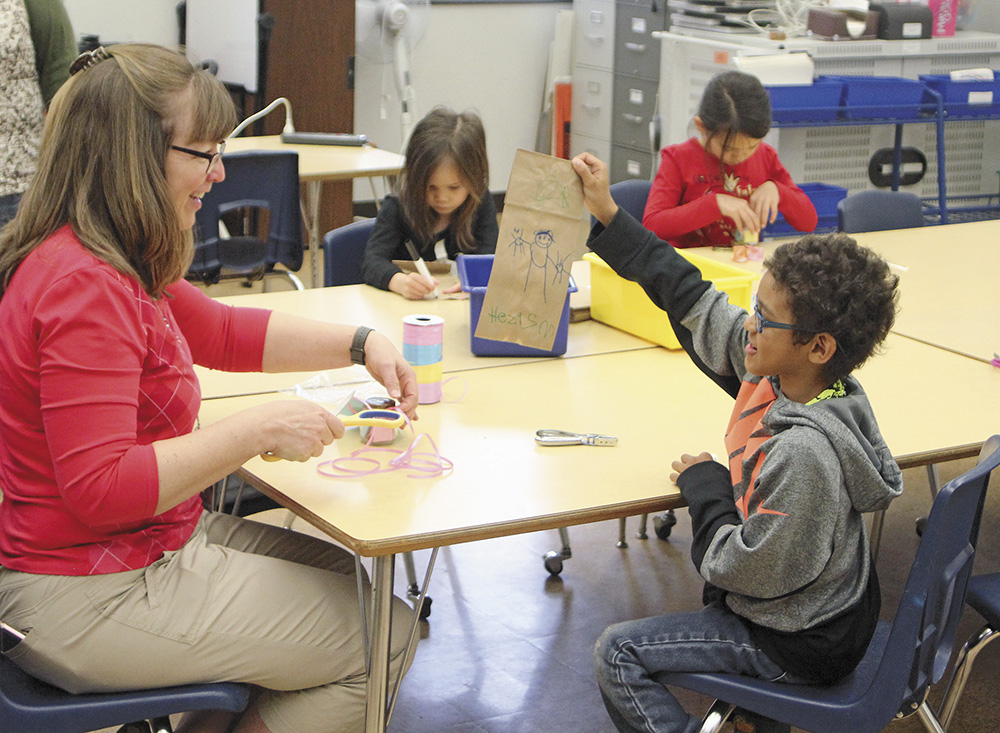
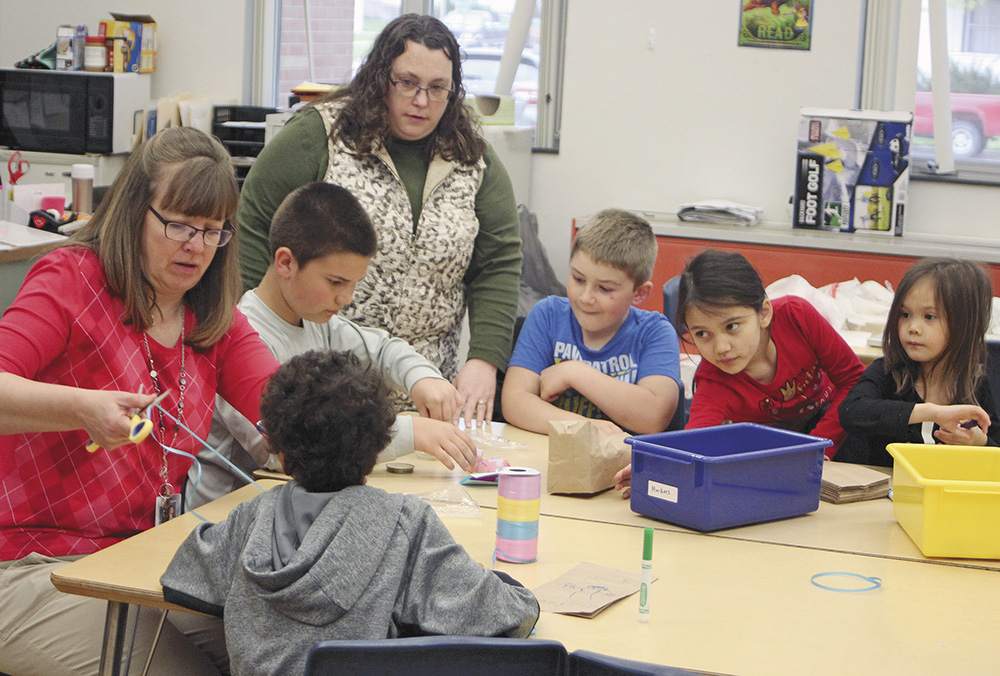
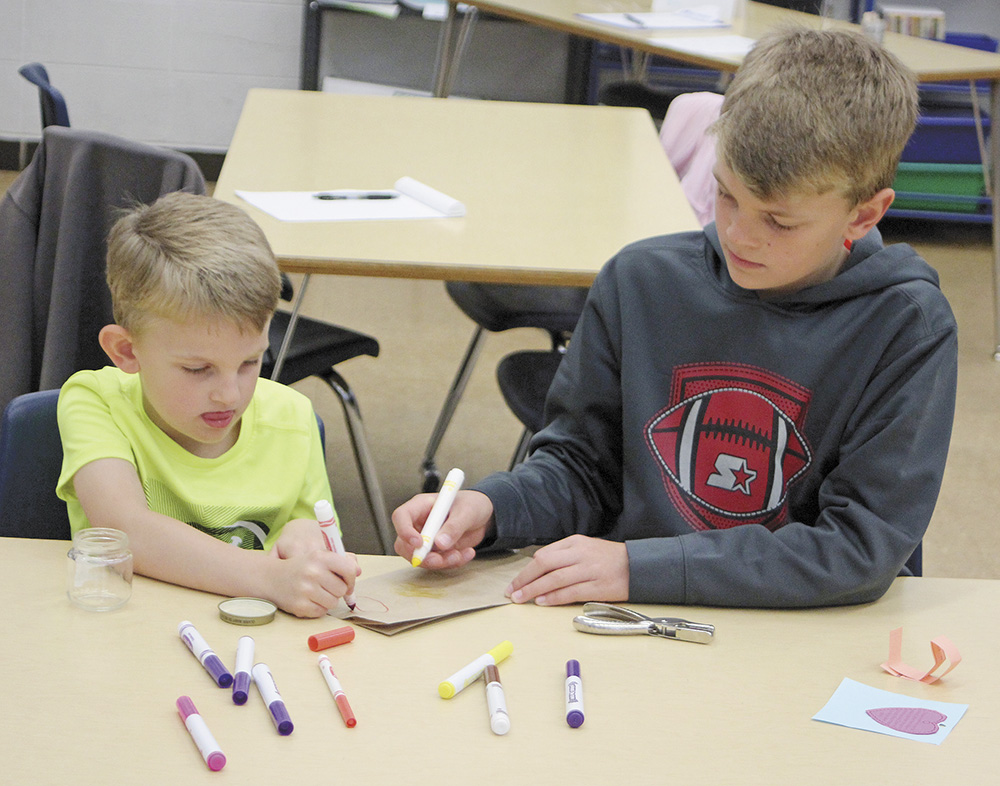
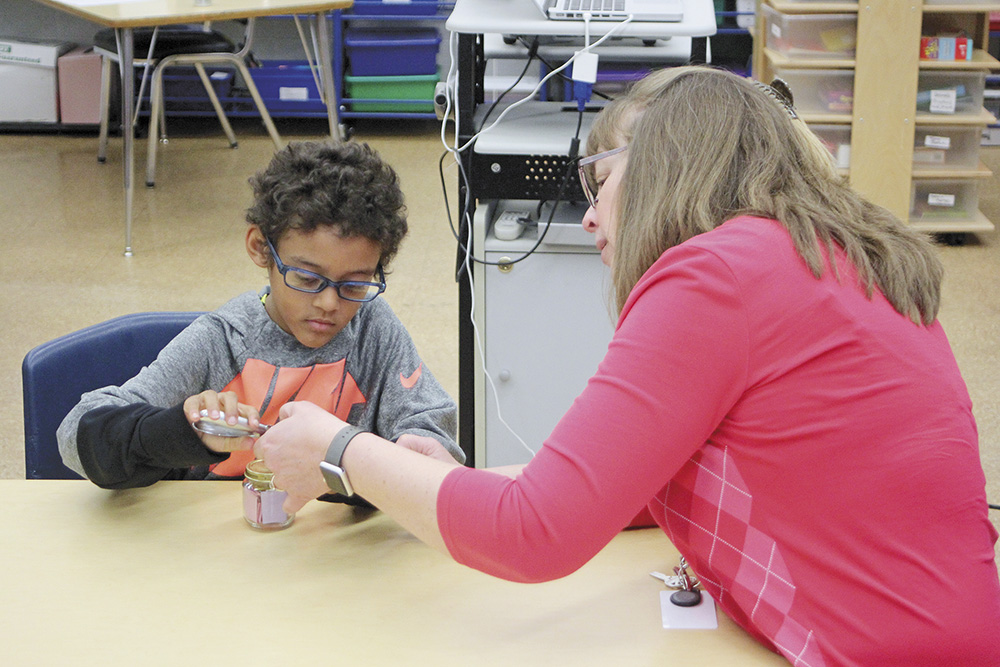

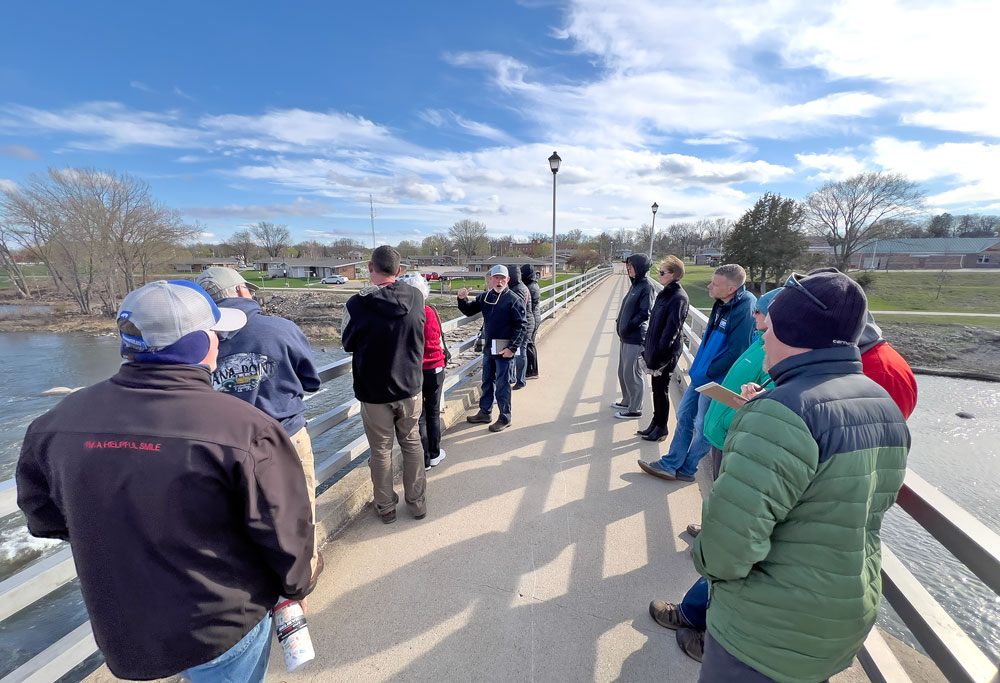
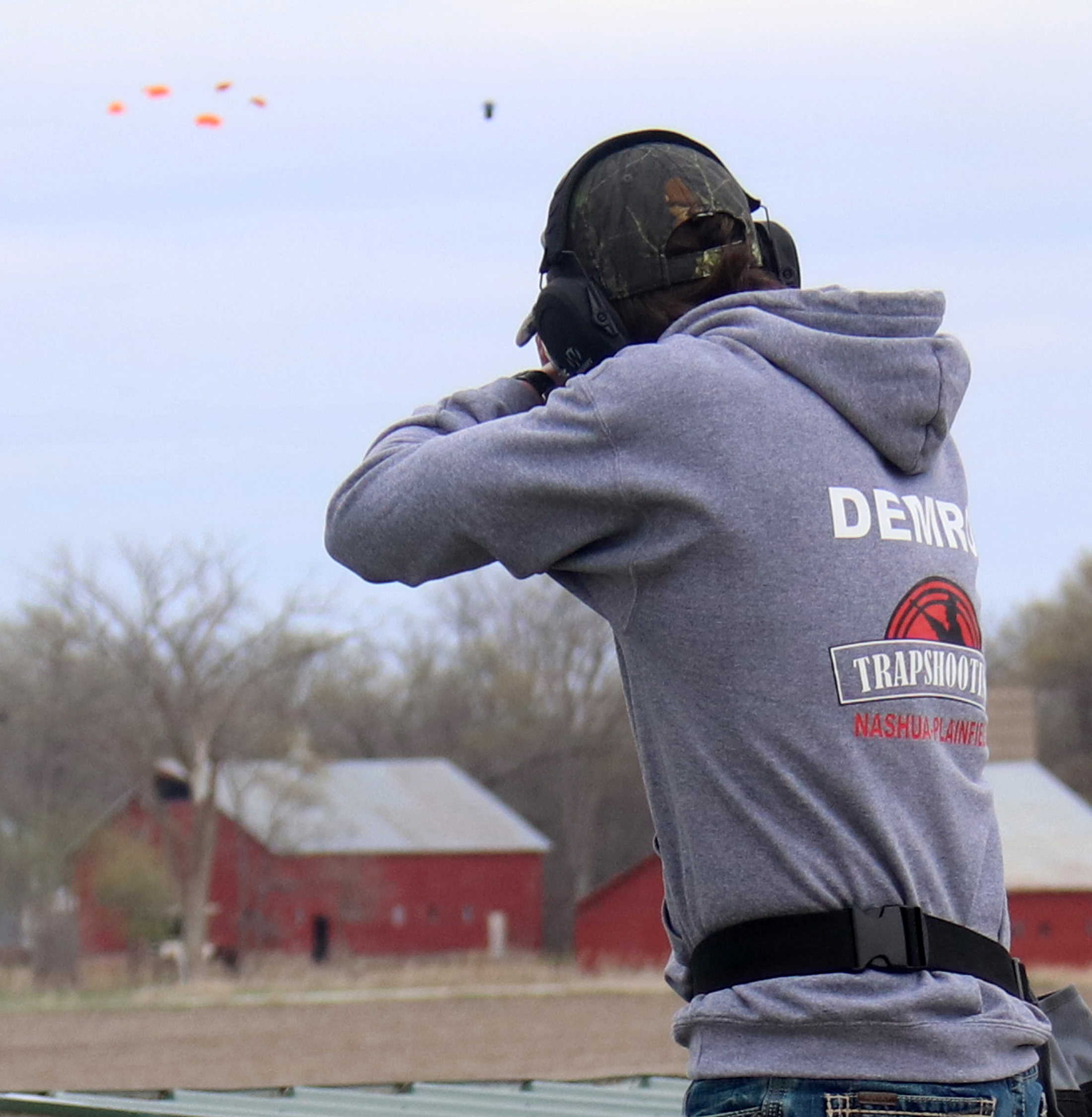
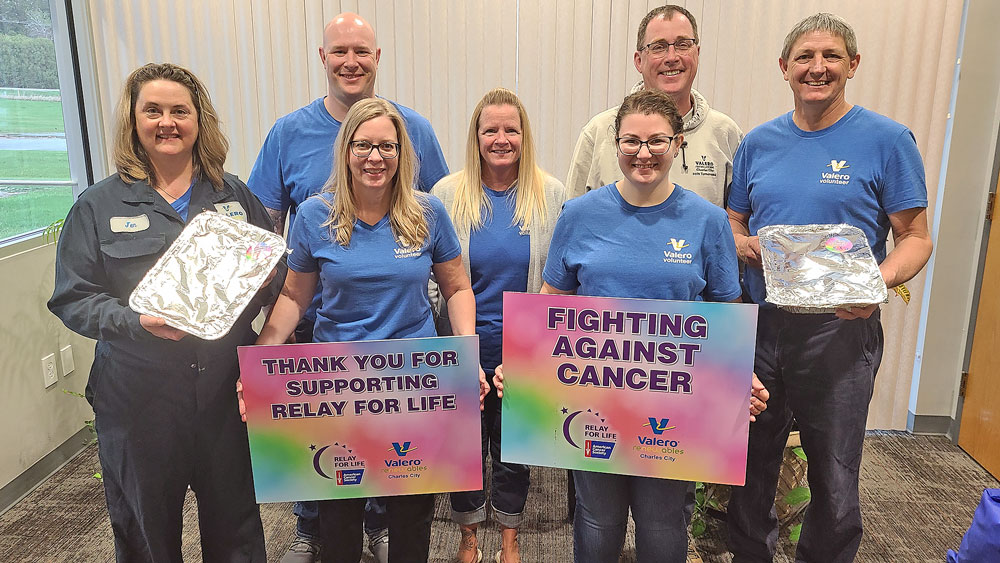


Social Share